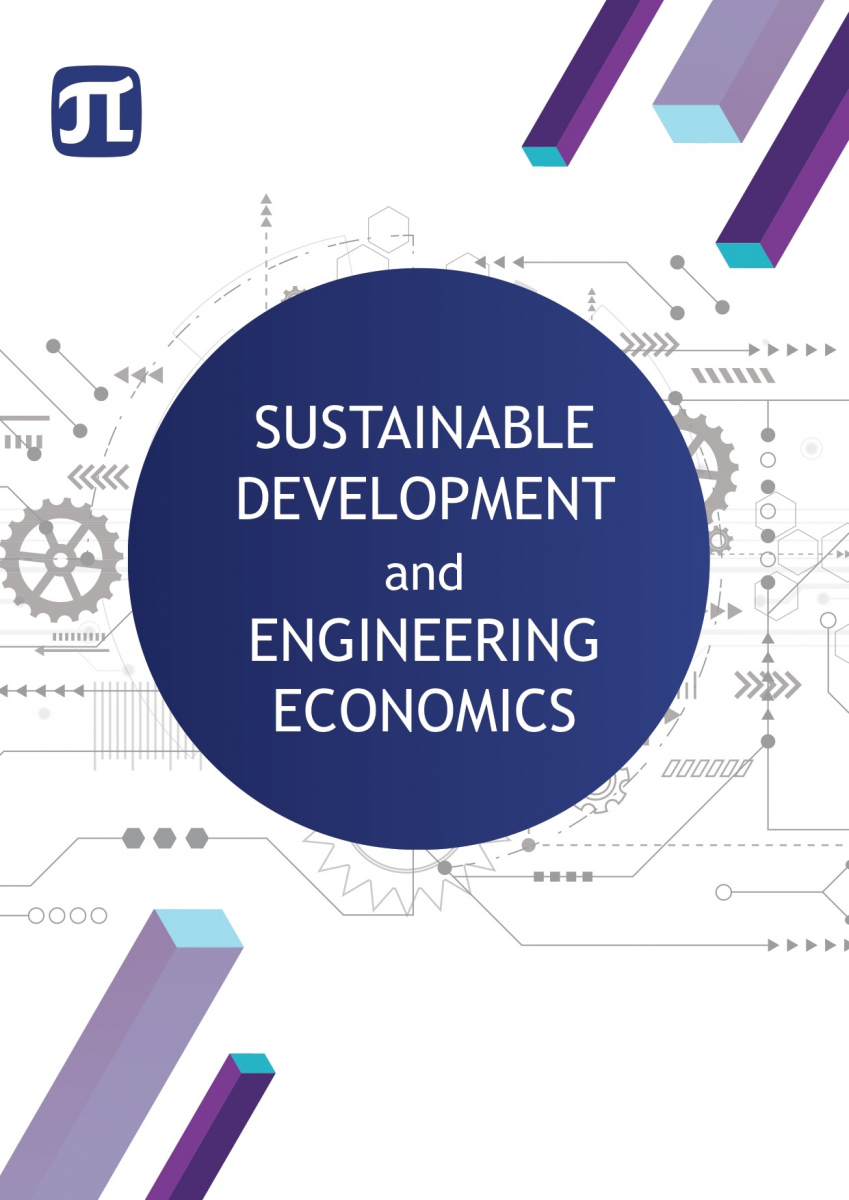Agro-Industrial Complex Sustainability in the Eurasian Economic Union Countries: The Aspect of Food Security
This article analyses the sustainability of the agro-industrial complex (AIC) in the Eurasian Economic Union (EAEU) countries with an emphasis on food security. The study covers challenges and threats to food security in Russia, Belarus, Armenia, Kazakhstan, and Kyrgyzstan, given the difficult geopolitical situation. The article examines data from the national statistical services of the EAEU countries, as well as international sources such as the FAO and the World Bank. Correlation and cluster analysis approaches are applied to assess the impact of socioeconomic indicators on the sustainability of the AIC. Significant correlations between indicators of food security and such factors as the volume of agricultural production, investments in the agricultural sector, the level of technological development, and government support are revealed. On average, for the period from 2015 to 2022, the added value of agriculture amounted to 8.2% of GDP, and the food production index was 104.1. The results of the cluster analysis showed that the EAEU countries can be grouped by levels of agricultural development and food security. Thus, K-means and GMM identified three clusters in which Russia found itself both in a separate cluster and in combination with other countries. Agglomerative and spectral clustering also showed similar results, distinguishing three main groups of countries. The average silhouette coefficient for agglomerative and spectral clustering was 0.41, which indicates a better clustering quality compared to K-means and GMM (0.38). It is confirmed that integration and coordination of efforts within the EAEU, as well as diversification of agricultural production and increased investment in innovation, determine the state of sustainability of the agro-industrial complex.


